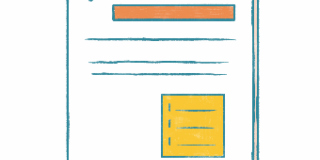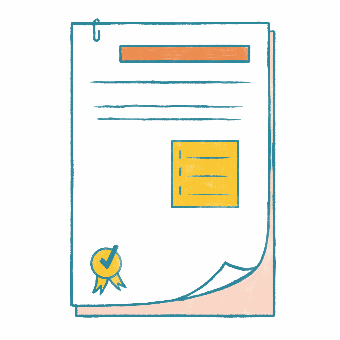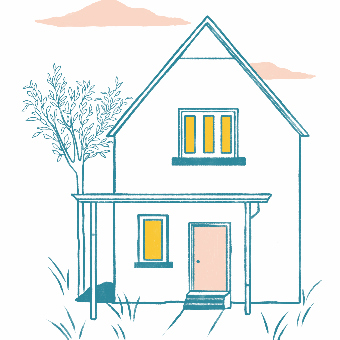What does it look like?
- First, check your mortgage bill for the contact information for your specific loan servicer.
- Contact your servicer and request the forbearance. Be sure to get all the details upfront so you know what you’re getting into and what’s expected of you.
- Before your forbearance period ends, contact your loan servicer again to assess loss mitigation options to make up your missed payments.
- A borrower can end their forbearance at any time, so contact the servicer as soon as your financial hardship is resolved.
- The road out of forbearance isn’t the same for everyone. It will depend on your unique situation and what your loan servicer is willing to offer, and you will come up with a plan together.
- If you’re struggling to understand anything regarding forbearance or other loss mitigation options, or need help communicating with your loan servicer, free housing counselors are available.






